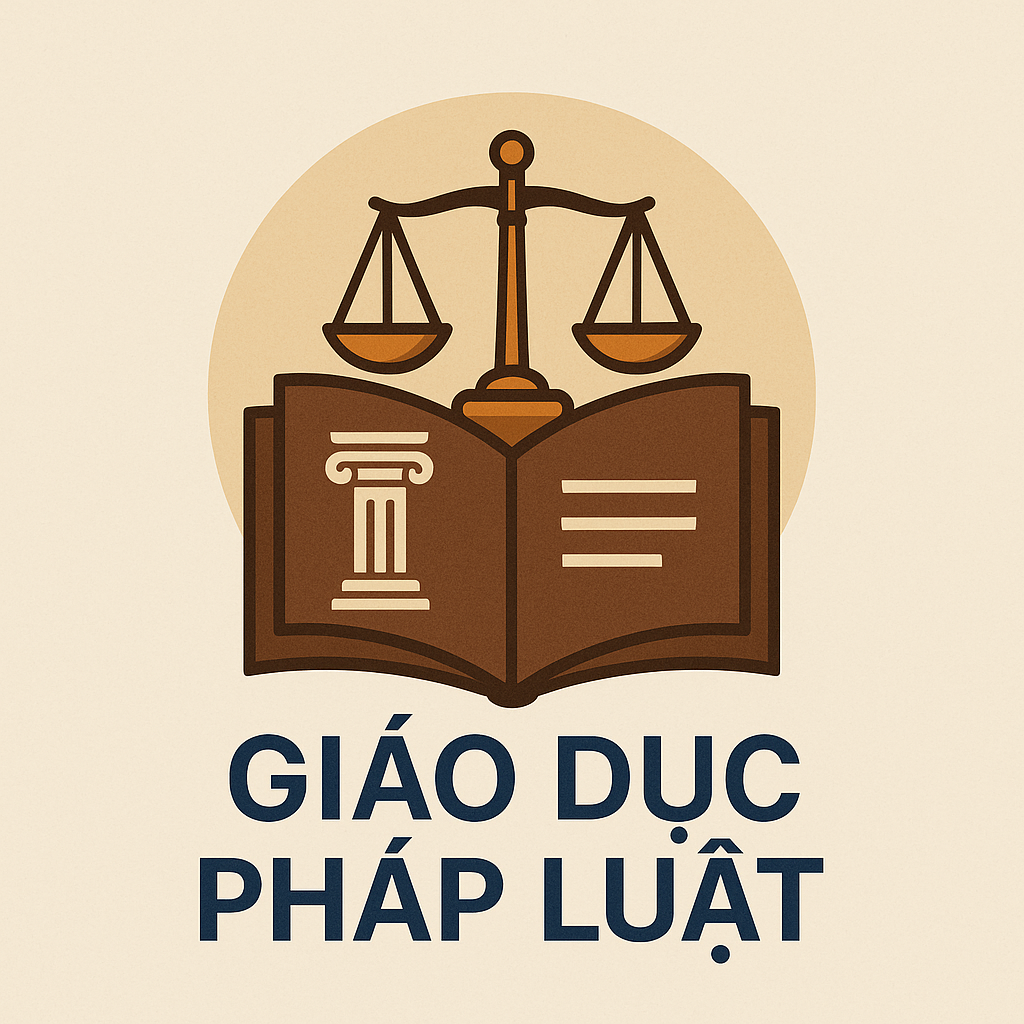
Môn Giáo dục pháp luật trang bị cho sinh viên kiến thức nền tảng và kỹ năng cơ bản về hệ thống pháp luật Việt Nam
Từ đó nâng cao ý thức chấp hành pháp luật và khả năng vận dụng pháp luật vào cuộc sống và nghề nghiệp. Thông qua môn học, sinh viên không chỉ hiểu rõ quyền và nghĩa vụ công dân mà còn phát triển tư duy pháp lý, thái độ sống có trách nhiệm và tôn trọng pháp luật. Môn học đóng vai trò quan trọng trong việc hình thành phẩm chất chính trị và đạo đức nghề nghiệp cho sinh viên.
-
Chương 1: Tổng quan về Nhà nước và pháp luật
-
Khái niệm, đặc điểm, vai trò của Nhà nước và pháp luật
-
Bản chất pháp luật Việt Nam và nguyên tắc pháp quyền
-
-
Chương 2: Hệ thống pháp luật Việt Nam
-
Các ngành luật cơ bản: Hiến pháp, Dân sự, Hình sự, Hành chính...
-
Cấu trúc, hiệu lực và áp dụng văn bản quy phạm pháp luật
-
-
Chương 3: Quyền và nghĩa vụ cơ bản của công dân
-
Quyền dân sự, chính trị, kinh tế, văn hóa, xã hội
-
Nghĩa vụ với Nhà nước, xã hội và cộng đồng
-
-
Chương 4: Pháp luật và đời sống sinh viên
-
Pháp luật về giáo dục, môi trường học đường, an ninh mạng, tội phạm học đường
-
Trách nhiệm pháp lý của sinh viên
-
-
Chương 5: Kỹ năng pháp lý và xử lý tình huống
-
Kỹ năng nhận diện hành vi vi phạm pháp luật
-
Phân tích, xử lý tình huống pháp lý trong thực tiễn
-
-
Chương 6: Pháp luật trong lĩnh vực nghề nghiệp
-
Luật lao động, hợp đồng, bảo hiểm xã hội
-
Quy định pháp luật liên quan đến ngành nghề chuyên môn
-
- Teacher: Admin User